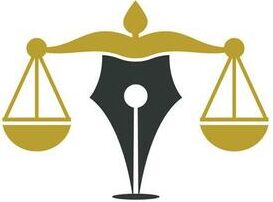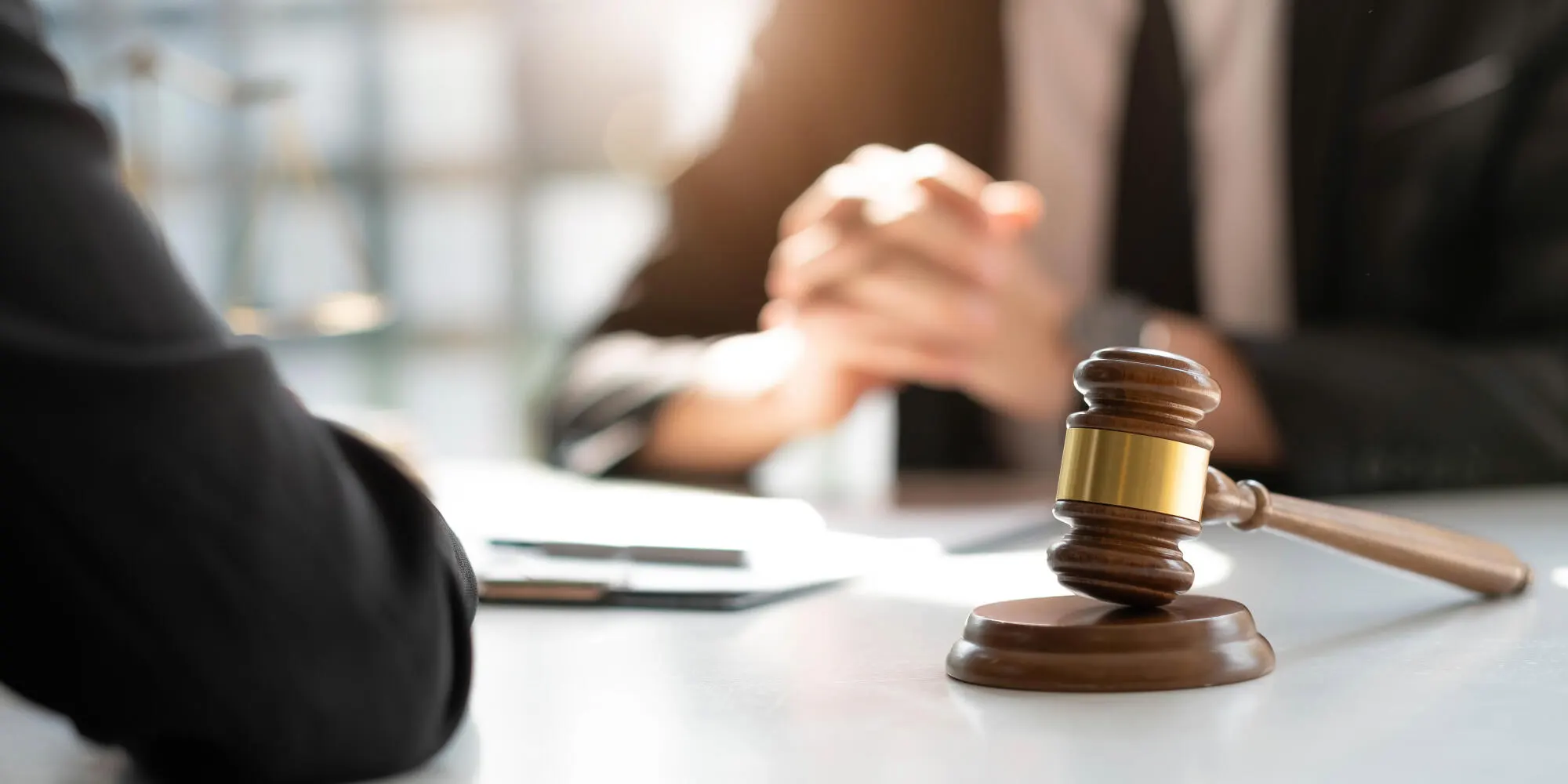If you’ve been in a truck crash, it’s easy to feel overwhelmed. Knowing what to do next can make a big difference in how your case turns out. From staying safe at the scene to handling insurance claims, each step matters.
In this guide, we’ll break down the key things you should do after a truck accident, so you can protect yourself and your rights. Let’s dive into what comes next after a crash.
Ensure Safety First
Ensure safety first after truck accidents. Move your vehicle to the side of the road if you can. Turn on your hazard lights to alert other drivers. Check yourself and others for injuries. If anyone is hurt, call emergency services immediately. Stay calm and do not leave the scene.
Keep a safe distance from the crash site to avoid further danger. Make sure no one is in harm’s way before taking any other actions. Do not try to move anyone who is injured unless it is absolutely necessary. Remember, safety should always come first in any truck accident situation.
Call Emergency Services
Call emergency services immediately after a truck crash. This is the first thing you should do if there are injuries. Emergency services can send medical help and police to the scene. They will help manage the situation and ensure safety. Even if the crash seems minor, it’s important to report it.
The police will create a report that can be useful for insurance claims. Medical professionals can check for injuries that might not be obvious. Calling emergency services helps protect your legal rights. It also ensures that help arrives quickly. Don’t hesitate to call for assistance in any crash.
Check for Injuries
Check for injuries after a truck crash. Start by looking for signs of pain or discomfort in yourself and others. If anyone is hurt, try to stay calm. Avoid moving anyone who is injured unless they are in danger. Ask if anyone needs help and if they can move safely. Even if no one seems hurt, call for medical help to be sure.
Some injuries might not show right away, like internal injuries or concussions. It’s important to get checked by a doctor after a crash. Medical records can also help with insurance claims or legal issues later. Always prioritize health and safety after a truck accident.
Move to a Safe Location
Move to a safe location after a truck crash. If your vehicle is still drivable, move it out of traffic. This will help prevent more accidents. Turn on your hazard lights to warn other drivers. If you can’t move your vehicle, stay inside and lock the doors. Stay as far from moving traffic as possible.
Find a safe spot, like the sidewalk or the shoulder of the road. Do not stand near the crash site, especially if there is fire or smoke. Keeping a safe distance is important to avoid further injuries. Staying safe is your top priority after a truck crash.
Gather Driver and Vehicle Information
Gather driver and vehicle information after a truck crash. Start by getting the name and contact details of the other driver. Write down their license plate number and driver’s license number. Take note of their insurance details, including the company and policy number. Also, get the make, model, and color of their vehicle.
If possible, take photos of the vehicle and any damage. This information is important for your insurance and legal claims. If there are any witnesses, get their names and contact details too. Be polite and calm when asking for this information. Having all the details will help protect your rights.
Take Photos of the Scene
Take photos of the scene after a truck crash. This helps record the damage to vehicles and the area around the crash. Take pictures of your vehicle and the other driver’s vehicle. Capture any visible damage, such as dents, broken glass, or scratches. Also, take photos of the crash site, including road signs and traffic lights.
If there are skid marks or debris, photograph those too. These photos can support your auto insurance claim. They also help provide evidence for any legal action. Make sure to capture wide shots and close-ups for a full picture. The more detailed your photos, the stronger your case will be.
Speak to Witnesses
Speak to witnesses after a truck crash. Witnesses can provide important information about what happened. Ask for their names and contact details. Be polite and explain that you may need their help later. If they saw the crash, ask them what they observed. Their statements can be valuable for your auto insurance claim.
Witnesses can help confirm details you may not remember. Always take note of what they say and how they describe the event. If possible, get a written statement from them. Their information can strengthen your case if there is a dispute.
Avoid Admitting Fault
Saying you are sorry or taking blame can hurt your case. Even if you think you made a mistake, do not admit fault at the scene. The facts of the crash may not be clear right away. Wait for the police to investigate and determine what happened.
Admitting fault can affect your auto insurance claim. It might also cause legal problems later. Stay calm and stick to the facts when talking to others. Let your lawyer and insurance company handle the details. Always protect your rights by not accepting blame at the scene.
Seek Medical Help
Some injuries, like whiplash or internal injuries, may not show up right away. A doctor can check for injuries that you might not notice. It’s important to get a medical evaluation to be sure. Seeking medical help creates a record of your injuries for your auto insurance claim.
Delaying medical care can hurt your health and your case. Always follow the doctor’s advice to help with your recovery. If you are injured, get the treatment you need right away. Medical records can also be helpful if you need to go to court.
Learn More About Truck Crash
After a truck crash, it’s important to stay calm and follow the right steps. Make sure to seek medical help, gather information, and document everything. This will help protect your health and support your claims.
Always contact the authorities and report the crash. Remember, a truck crash can have serious consequences, so be prepared. Taking the right actions after the crash can make a big difference.
Visit our blog for more!

